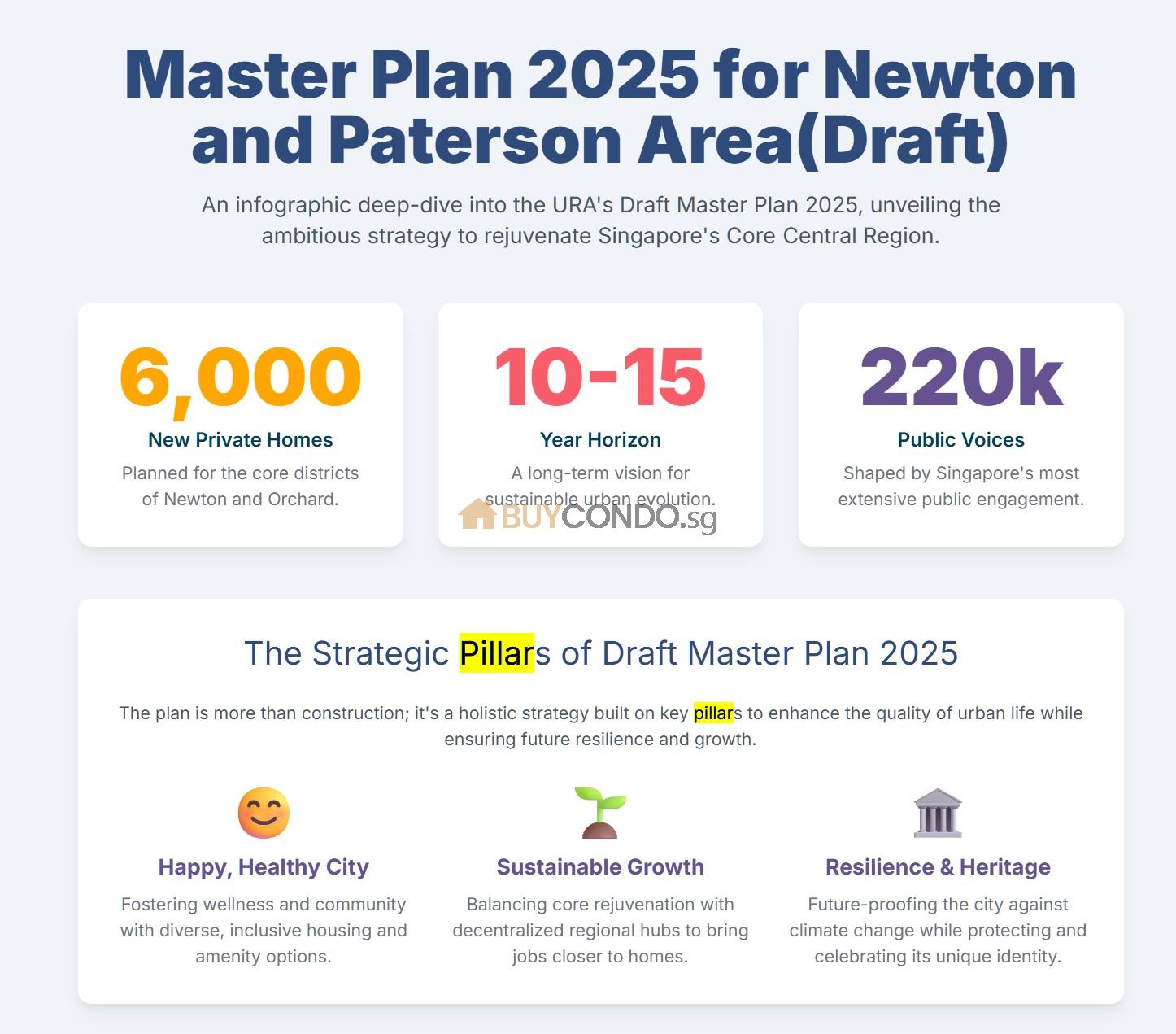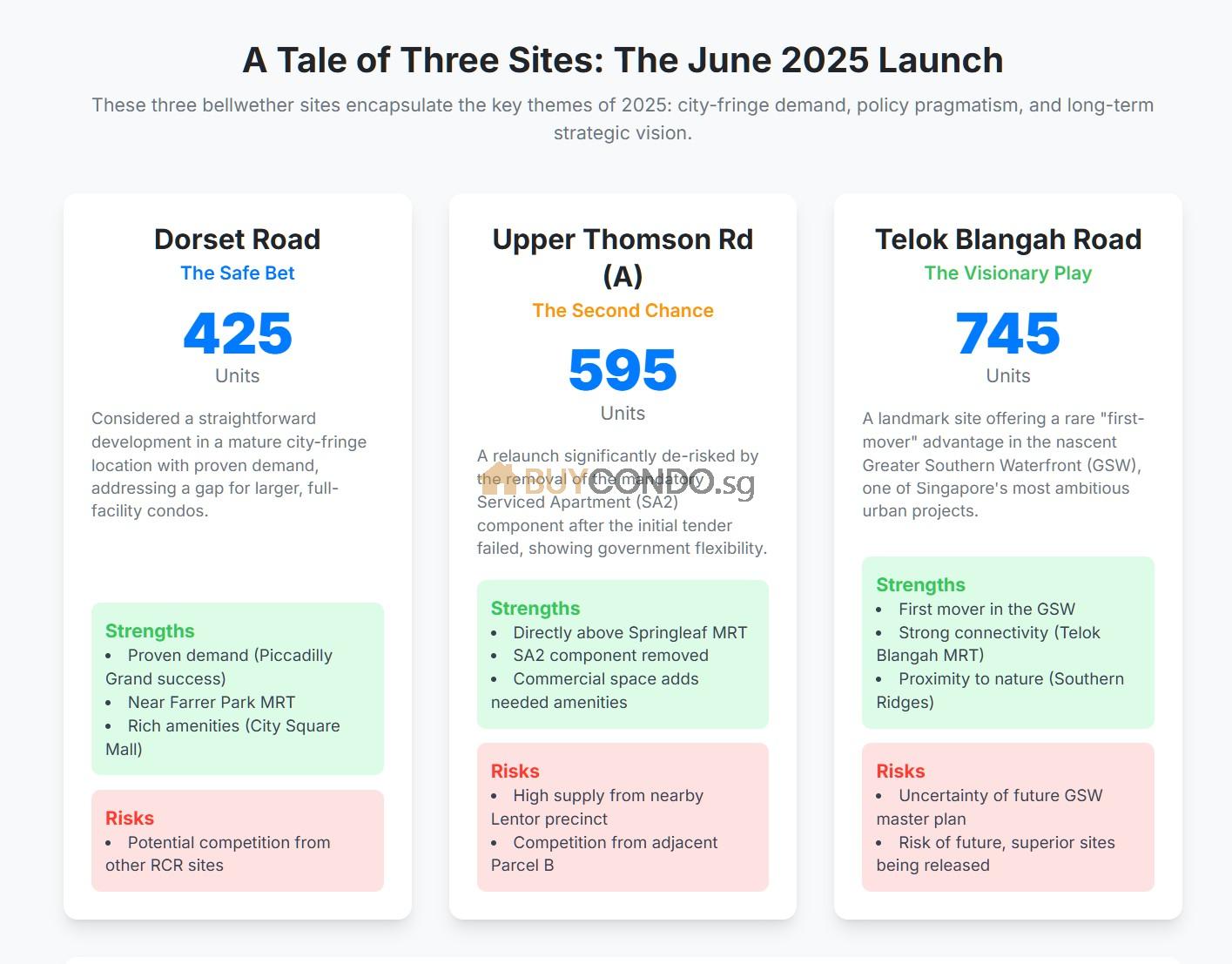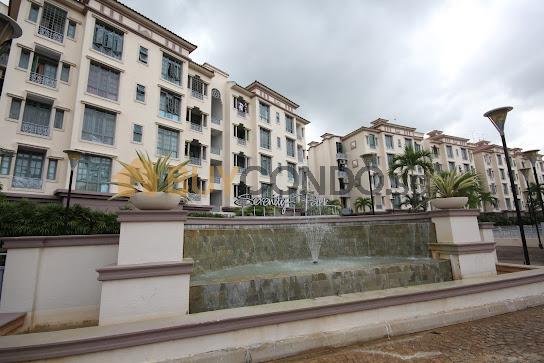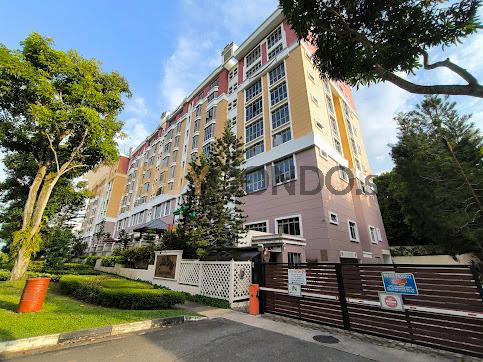HDB Inheritance why is Important to do Estate Planning and will
A comprehensive guide to understanding the complex nature of HDB flat inheritance in Singapore, including the rules, eligibility criteria, and potential complications involved in the process.

Overview of HDB Flat Inheritance in Singapore
The inheritance of HDB flats in Singapore is a multifaceted process that requires a thorough understanding of several key factors. This is because the eligibility for inheriting an HDB flat in Singapore is determined by various aspects, including the existence of a valid will and the status of other owners of the HDB flat. For instance, the proposed flat owners must navigate the complex eligibility rules, which encompass factors such as their relationship to the deceased, their age, their citizenship status, and whether they already own another HDB flat or private property. The interplay of these factors makes the inheritance of HDB flats a complex process that necessitates a deep understanding of the rules and regulations involved.
Moreover, the inheritance of HDB flats in Singapore is significantly influenced by the religious affiliation of the deceased owner. This is because different laws apply to Muslims and non-Muslims when it comes to HDB flat inheritance. Additionally, the type of ownership, such as joint tenancy or tenancy-in-common, also impacts the inheritance process. For instance, in the case of joint tenancy, the remaining co-owner automatically acquires the deceased’s share in the property. Conversely, in a tenancy-in-common scenario, the deceased’s share of the property can be distributed as per their will or, in the absence of a will, as per the Intestate Succession Act. With these intricate details at play, it becomes crucial to understand the nuances of HDB flat inheritance rules to ensure a smooth and legally compliant transition of ownership.
Understanding HDB Inheritance Rules
The inheritance of HDB flats in Singapore is governed by a comprehensive set of rules and regulations that are influenced by several factors. These include whether the deceased had a valid will and the status of other owners of the HDB flat. If the deceased left behind a valid will, the HDB flat will be distributed according to the provisions of the will. However, if there is no valid will, the inheritance process will follow the provisions of the Intestate Succession Act. This act outlines how assets should be distributed when an individual passes away without leaving a will.
Furthermore, it’s essential to understand that the inheritance of HDB flats in Singapore is subject to different laws based on the religious affiliation of the deceased. For Muslims, the distribution of property, including HDB flats, is governed by the Administration of Muslim Law Act. On the other hand, for non-Muslims, the inheritance process is governed by the Intestate Succession Act or the provisions of the deceased’s will. These differences in the legal framework underscore the necessity for individuals involved in the inheritance process to have an in-depth understanding of these laws to ensure compliance.
The type of ownership is another key factor that influences the inheritance process. Specifically, the concepts of joint tenancy and tenancy-in-common play a pivotal role in the inheritance of HDB flats. In the case of joint tenancy, the surviving owner(s) automatically inherit the deceased’s share of the property. By contrast, in a tenancy-in-common scenario, the deceased’s share of the HDB flat can be inherited as per their will or the Intestate Succession Act if there is no will. Therefore, understanding these ownership structures and their implications for HDB flat inheritance is crucial for individuals to navigate the process effectively and to ensure a seamless transition of ownership.
The Inheritance Process

The process of inheriting an HDB flat in Singapore is a detailed and complex procedure requiring careful attention to several steps. The initial phase involves lodging a Notice of Death with the relevant authorities, which is crucial in initiating the official process of transferring the ownership of the HDB flat to the rightful beneficiaries. Upon lodging the Notice of Death, the next step involves obtaining a Grant of Probate or Letters of Administration. The Grant of Probate is required when the deceased had a valid will, while the Letters of Administration is necessary when the deceased passed away intestate, i.e., without leaving a will.
Furthermore, the eligibility criteria for proposed flat owners are an essential part of the inheritance process. These criteria include considerations such as the relationship of the heir to the deceased, the age of the heir, the citizenship status of the heir, and whether the heir owns another HDB flat or private property. These factors are thoroughly evaluated to ascertain the rightful beneficiaries of the HDB flat. In cases of intestacy, the inheritance process follows the Intestate Succession Act, which necessitates the application for the Grant of Letters of Administration. This legal document is essential for transferring the ownership of the HDB flat to the rightful heirs as per the laws governing intestate succession in Singapore.
Navigating the inheritance process requires a comprehensive understanding of these steps, as well as an awareness of potential complications that can arise. For instance, if the deceased owner left behind a valid will, the process would involve obtaining a Grant of Probate and executing the will according to its terms. However, if the owner died intestate, the process would become more complex, involving the application for Letters of Administration and distribution of the property as per the Intestate Succession Act. Therefore, it is crucial for individuals involved in the inheritance process to understand these complexities and to seek professional legal advice to navigate the process effectively and ensure a smooth transition of ownership.
Eligibility for Inheriting HDB Flat
In addition to these factors, retaining the flat after the death of a joint owner involves specific eligibility rules and conditions. These criteria include considerations such as the citizenship and age of the surviving owner, and whether they meet the eligibility conditions to own an HDB flat. For instance, if the deceased joint owner was a citizen of Singapore, the surviving joint owner would need to meet certain conditions to retain ownership of the flat. This might include demonstrating their ability to continue servicing the mortgage loan, among other things.
In certain cases, the beneficiary might already own private property or another HDB flat. In such instances, the beneficiary would need to decide between retaining the inherited flat or their existing property, as they would not be allowed to own both properties. Therefore, understanding these eligibility criteria and how they interact with specific circumstances is crucial for navigating the process of HDB flat inheritance.

Complexities in Inheritance
The inheritance process of an HDB flat can become complex under certain circumstances. For example, if the beneficiary already owns private or commercial property, this can complicate the inheritance process. In such cases, the beneficiary would need to sell one of the properties within a stipulated time period, as per HDB regulations. This can create additional financial and logistical considerations for the beneficiary.
Furthermore, the existence of informal arrangements related to mortgage payments can add further complexity to the inheritance process. If there are informal agreements among family members or co-owners about who is responsible for mortgage payments, this could lead to misunderstandings during the inheritance process. Therefore, it is essential to resolve such informal arrangements and clearly document financial responsibilities to avoid complications.
Conflicts among surviving family members or co-owners can also complicate the inheritance process. These conflicts can arise due to disagreements over the distribution of assets, differing interpretations of the deceased owner’s intentions, or disputes regarding the management of the inherited property. Such conflicts can potentially delay the inheritance process, strain relationships among the involved parties, and could even lead to legal disputes. Therefore, it is crucial to seek professional legal advice to help navigate potential conflicts and ensure a smooth inheritance process.
Inheritance of Minors and Family Structures
In the context of HDB flat inheritance in Singapore, the rights of minors to inherit a property is a key consideration. For instance, if the deceased owner left behind a minor as a beneficiary, the inheritance process becomes more intricate. Under the law, a minor can inherit an HDB flat under the deceased’s final will or under the Intestate Succession Act. However, until the minor reaches the age of majority, a legal guardian will manage the inherited property on their behalf.
Furthermore, the rules regarding the inheritance of HDB flats take into consideration various family structures. For instance, in the event of a divorce with children, different rules apply compared to a divorce without children. The nuances in eligibility criteria based on family structures underscore the complexity of HDB flat inheritance and the importance of understanding the specific rules and regulations to ensure a seamless transfer of ownership.
Family structures can also change after a life event, such as a divorce or the death of a spouse, which can affect the eligibility to retain the inherited flat. In such cases, the remaining owners must meet certain eligibility rules and conditions to retain the flat. These rules take into account factors such as the remaining owners’ citizenship status, age, and financial capacity to continue servicing the mortgage loan. Thus, understanding how changes in family structures affect HDB flat inheritance is crucial for ensuring a smooth transition of ownership.

Selling of HDB Flat After Death
The sale of an HDB flat after the death of the owner is a process that demands careful consideration and understanding of HDB’s regulations. This process can vary depending on the type of ownership and whether a valid will exists. For example, if the deceased owner held the property under joint tenancy, the surviving owner automatically absorbs the deceased’s share under the right of survivorship.
However, if the deceased owner has specified in their will that the property should be sold, the executor of the will has to adhere to these instructions. In the case of tenancy-in-common, each co-owner has a distinct share in the property. In this scenario, the deceased owner’s share will be distributed according to their will or the Intestate Succession Act if there is no will.
In the absence of a will, the process of selling the HDB flat becomes more complex, as the distribution of the flat will be governed by the Intestate Succession Act. This necessitates the application for the Grant of Letters of Administration, which allows the court-appointed administrator to manage and distribute the deceased’s estate. Hence, understanding these regulations and processes is crucial for individuals involved in the sale of an inherited HDB flat. It is always advisable to seek legal advice to navigate these complexities and ensure compliance with the relevant regulations.
Importance of Legal Advice and Estate Planning
Given the complexities and nuances associated with HDB inheritance, having a will and seeking legal advice are paramount. Engaging a specialist lawyer can provide individuals with the necessary guidance to comprehend HDB inheritance and ensure compliance with the inheritance processes. This is particularly important given the numerous factors that can impact the inheritance process, such as the existence of a will, the type of property ownership, and the specific family circumstances of the deceased.
In addition to legal advice, estate planning is a crucial aspect of HDB inheritance. Estate planning involves making arrangements for the transfer of one’s estate upon death, with the aim to minimize potential disputes and ensure that the intended beneficiaries receive their rightful inheritance. It allows an individual to specify in their will how they want their HDB flat to be inherited, taking into account their specific wishes and the needs of their family.
Moreover, estate planning can also encompass financial and healthcare directives, ensuring that the individual’s wishes regarding medical treatment and the management of their finances are clearly outlined in the event of incapacity. This comprehensive approach to estate planning not only aids in the smooth transfer of assets, including HDB flats, but also offers peace of mind to the individual and their loved ones during challenging times. Therefore, legal advice and estate planning play a pivotal role in safeguarding the interests of individuals and their families in the context of HDB inheritance.
Conclusion
In conclusion, the inheritance of HDB flats in Singapore is a complex process that requires a comprehensive understanding of myriad rules and procedures. By gaining a thorough understanding of eligibility criteria, the inheritance process, and potential complexities, individuals can effectively navigate the intricacies of HDB flat inheritance, ensuring a smooth and equitable transition of ownership.
A specific case study shows the importance of knowing the eligibility criteria for inheriting an HDB flat. In a scenario where an individual inherits an HDB flat but already owns another property, they would need to adhere to the eligibility conditions, including the sale of one of the properties to comply with HDB regulations. This highlights the complexities involved and the need for potential beneficiaries to understand and comply with the rules of HDB flat inheritance.
Furthermore, the complexities in inheritance, such as informal arrangements about mortgage payments and potential conflicts among surviving family members or co-owners, underscore the significance of being well-versed in the process. For example, in situations where family members have informal agreements about mortgage payments or face disputes regarding the inheritance process, seeking legal advice becomes imperative to resolve these complexities and ensure a fair distribution of assets.
In essence, understanding the complexities and nuances of HDB flat inheritance in Singapore is crucial. This understanding will aid individuals and families in making informed decisions, navigating the intricate landscape of HDB flat inheritance, and ensuring a smooth and equitable transition of ownership.













